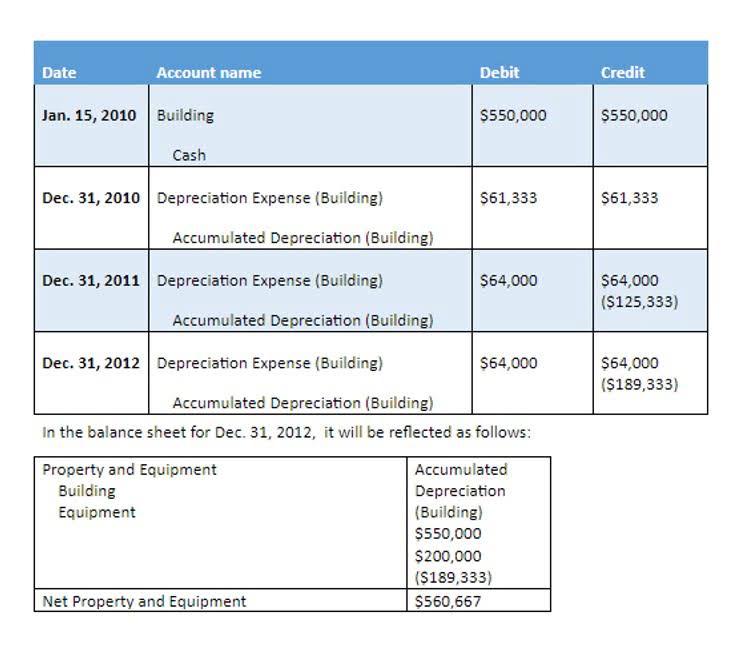Comprehensive Real Estate Accounting Guide: From Basics to Advanced

Springbord is dedicated to empowering real estate businesses with the knowledge, tools, and technology to navigate these challenges effectively. Let Springbord guide you through the complexities of real estate accounting, helping you to achieve your financial goals and maximize your business potential. Optimizing investment returns is a goal for every real estate investor. Good real estate accounting provides insights and tools for maximizing returns on investments. Regular reviews, performance analysis, and market trend evaluations are key components.

Summary: The Best Real Estate Accounting Software of 2024

Regular reviews ensure that software remains aligned with business needs. Training sessions offer insights into software customization and scalability. For real estate professionals, software customization and scalability are crucial. Accurate software customization and scalability drive business optimization and growth.
- It’s essential for real estate professionals to stay updated and collaborate with experts to navigate these complex regulations.
- Real estate professionals must be adept at navigating these intricacies to ensure financial transparency.
- Make sure you have seperate bank accounts set up for business and personal use.
- Implementing best practices ensures that businesses operate efficiently.
- They analyze financial data to identify trends, patterns, and areas for improvement, helping real estate companies to optimize their operations and make strategic decisions.
Comprehensive Real Estate Accounting Guide: From Basics to Advanced

It’s a critical aspect of successful real estate accounting that supports long-term success. Tax deductions and credits can significantly impact a business’s tax liability. Staying updated with available deductions and credits is crucial for tax optimization.
Lease Accounting Standards

Keeping abreast of deductions and credits ensures that businesses optimize their tax strategies. Staying updated with tax codes, understanding property tax implications, and collaborating with tax professionals are essential. These measures ensure that businesses remain compliant and optimize their tax strategies. Every property transaction, whether an income or expenditure, must be accurately recorded. Proper documentation of these transactions is the cornerstone of successful real estate accounting services.
Best Real Estate Accounting Software of 2024
Digital receipts are a great convenience, especially if you have lost receipts or need them for financial audit purposes. Having been around the properties and dealing with a host of clients each day, it could undoubtedly be excruciating to look after the accounts, too. Well, the primary reason for this could be the lack of support or knowledge about accounting and accounting cycles. A double-entry system is based on the idea that every credit has an equal and opposite debit. In accounting, a debit increases the value of accounts (a positive number) while a credit decreases the value of accounts (a negative number). Apply for financing, track your business cashflow, and more with a single lendio account.
- You can also download a gas mileage tracker to log how far your drive.
- Once you develop patterns and practice good itemization, you’ll be able to complete this step quickly.
- Regular training sessions offer insights into these industry-specific guidelines.
- As someone in real estate, you must be aware of the various taxes that apply to the field.
- Many of these online platforms let you invest in specific real estate development projects, rather than large, generic portfolios of properties.
- The real estate industry is dynamic, with ever-evolving financial practices.
For agents, efficient expense management, powered by robust real estate accounting, is crucial for business sustainability. Predicting future cash flows helps in planning and decision-making. Accurate forecasts can guide investment and operational decisions, helping owners prepare for future challenges and opportunities. By understanding potential future cash flows, property owners can make informed decisions about property improvements, expansions, or sales. It’s a proactive approach that sets successful real estate businesses apart.
- It also ensures that all stakeholders, from property managers to accountants, have access to the same, updated data.
- In other types of business, inventory has a clear and specific value.
- Investors, whether individual buyers or large institutions, seek transparency and accountability.
- Accounting for real estate is crucial to maintaining financial statements and identifying growth potential.
- Doing so creates greater transparency when it comes time for tax season and can also help protect against potential fraud or liabilities due to incorrect bookkeeping practices.
- Accrual accounting allows for a more accurate financial assessment since it records expenses when they are due rather than when they are paid.